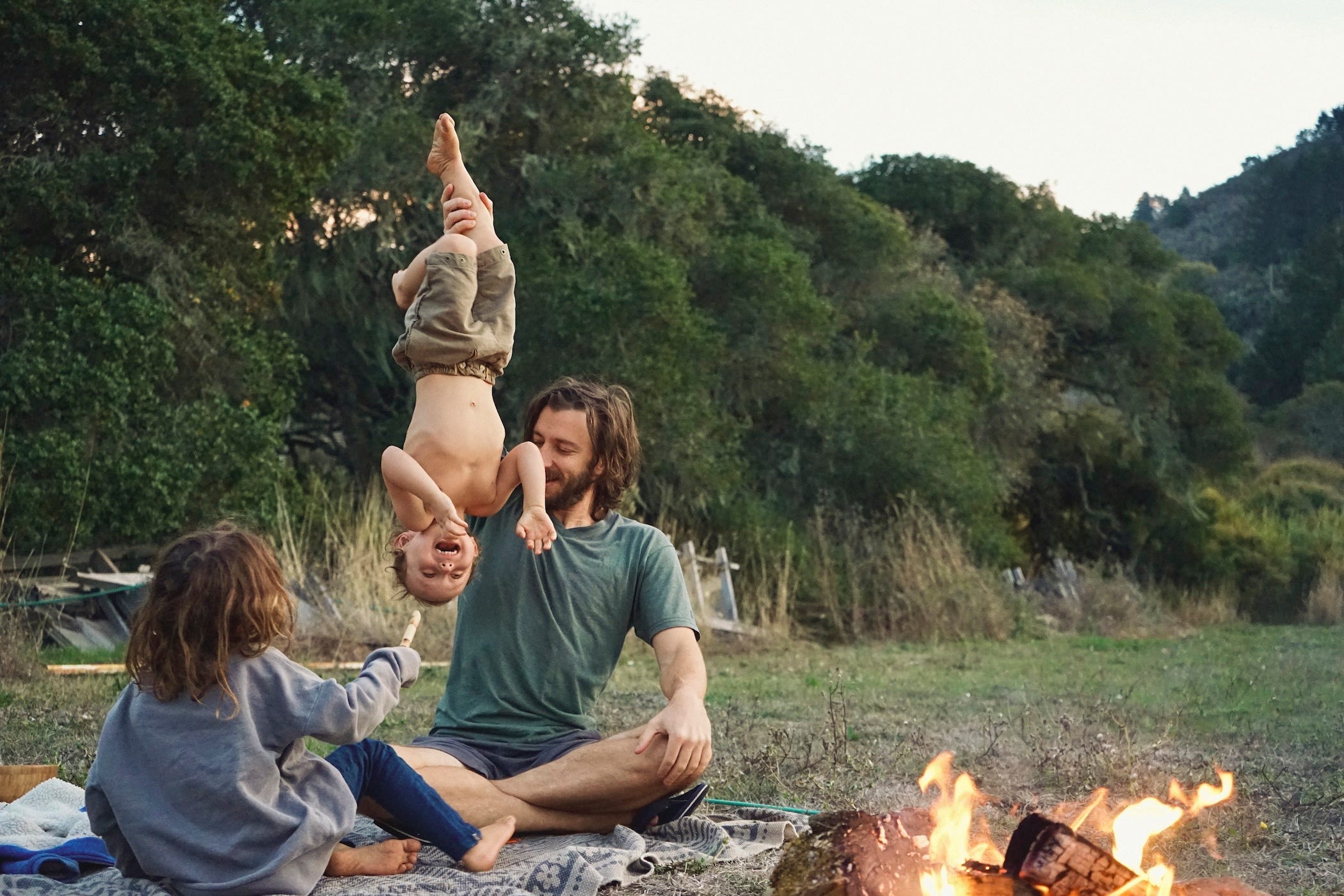
David Furman
About 10 years ago, David Furman realized something had to change.
As a postdoc at Stanford University in 2016, he studied how inflammation and aging are tightly wound together. His life was “pretty stressful,” he said, and he feared his body might be aging in hyperdrive.
He could feel it, too. Furman had migraines several times a week and often took ibuprofen to dampen the pain. Mostly, he said, he felt run-down.
One day, he decided to test his hypothesis using a novel blood test he was developing. The lab test, which has since been peer-reviewed, measured inflammatory markers linked to immune dysfunction in his blood and compared it to hundreds of other samples from roughly 1,000 people young and old. The results showed that his 39-year-old body had the “inflammatory age” of a 42-year-old.
“I freaked out,” he told Business Insider.
Furman knew, professionally, that these results could be a harbinger of premature aging, chronic disease, and decline — what researchers call “inflammaging.” He had an inkling that by changing certain aspects of his lifestyle, ridding it of many of the modern conveniences that our ancestors never had, he might be able to turn the trend around.
“Any species that you put in a new environment will develop inflammation as a response to something foreign; we do not escape that reality,” he said.
So he decided to overhaul his life. He and his wife and two young children moved to a two-bedroom cabin in the woods, nestled near a creek in the San Gregorio area of Northern California, about a half-hour drive from Stanford. The move meant they’d be giving up lots of everyday items and modern conveniences.
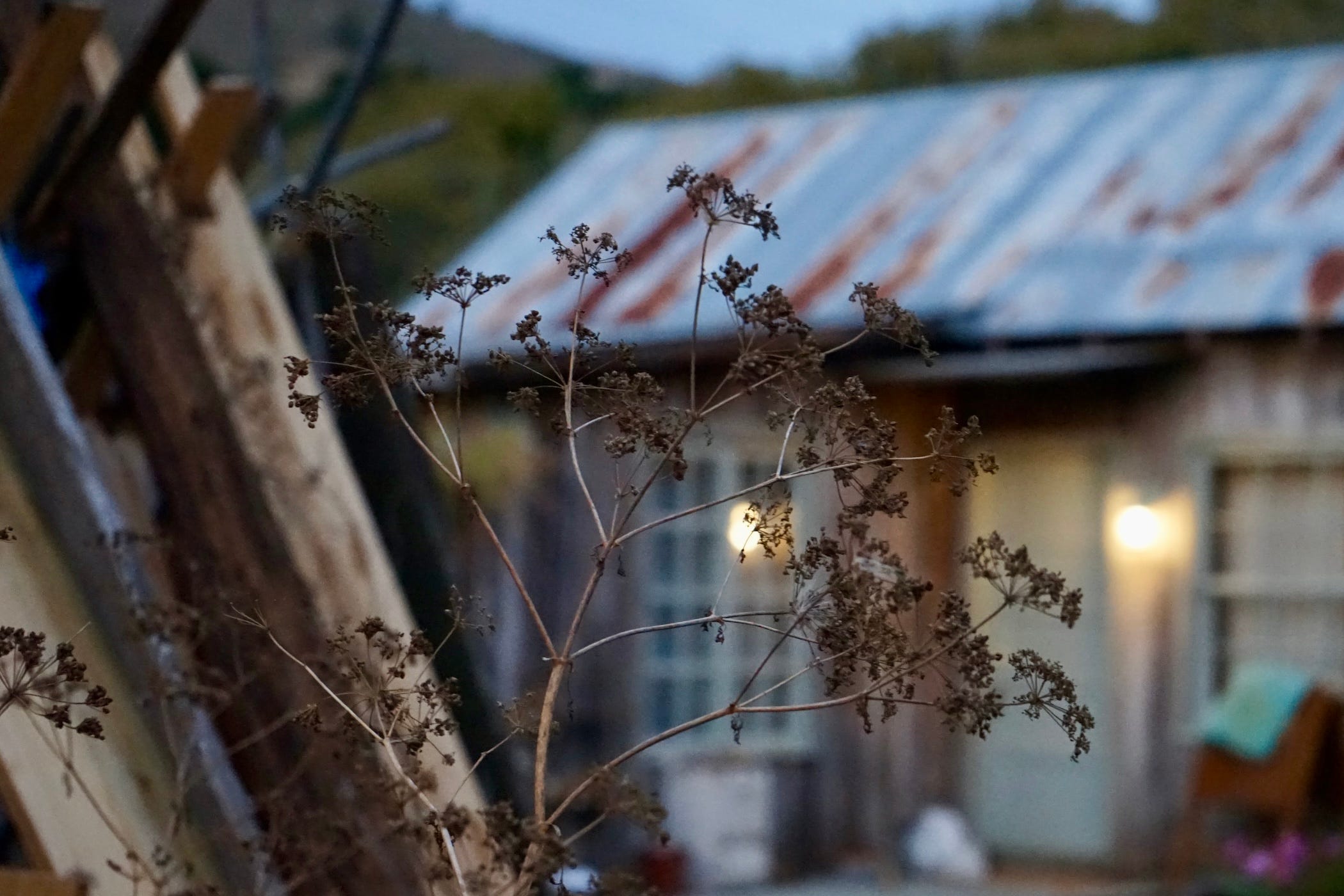
David Furman
Our world modernized quickly, and it’s constantly assaulting our biology, Furman said. “We haven’t evolved looking at a screen and having an electrical light and sitting in a chair.”
In their little cabin, there were no chairs, no plastics, and no industrial cleaning products — conveniences that researchers suspect could contribute to muscle degradation, immune dysfunction, and hormonal imbalances.
After his forest-living experiment, Furman said he felt dramatically better, and his blood test suggested that three years of cabin life significantly lowered stress and inflammation in his body — as he’d hoped.
The experiment triggered a cascade of other changes, too, he said. It had long-lasting effects on his daily routine and the products he uses nearly a decade later, even as he’s living back in the city.
Life in the forest: pull-ups, fishing, foraging, and bonfires
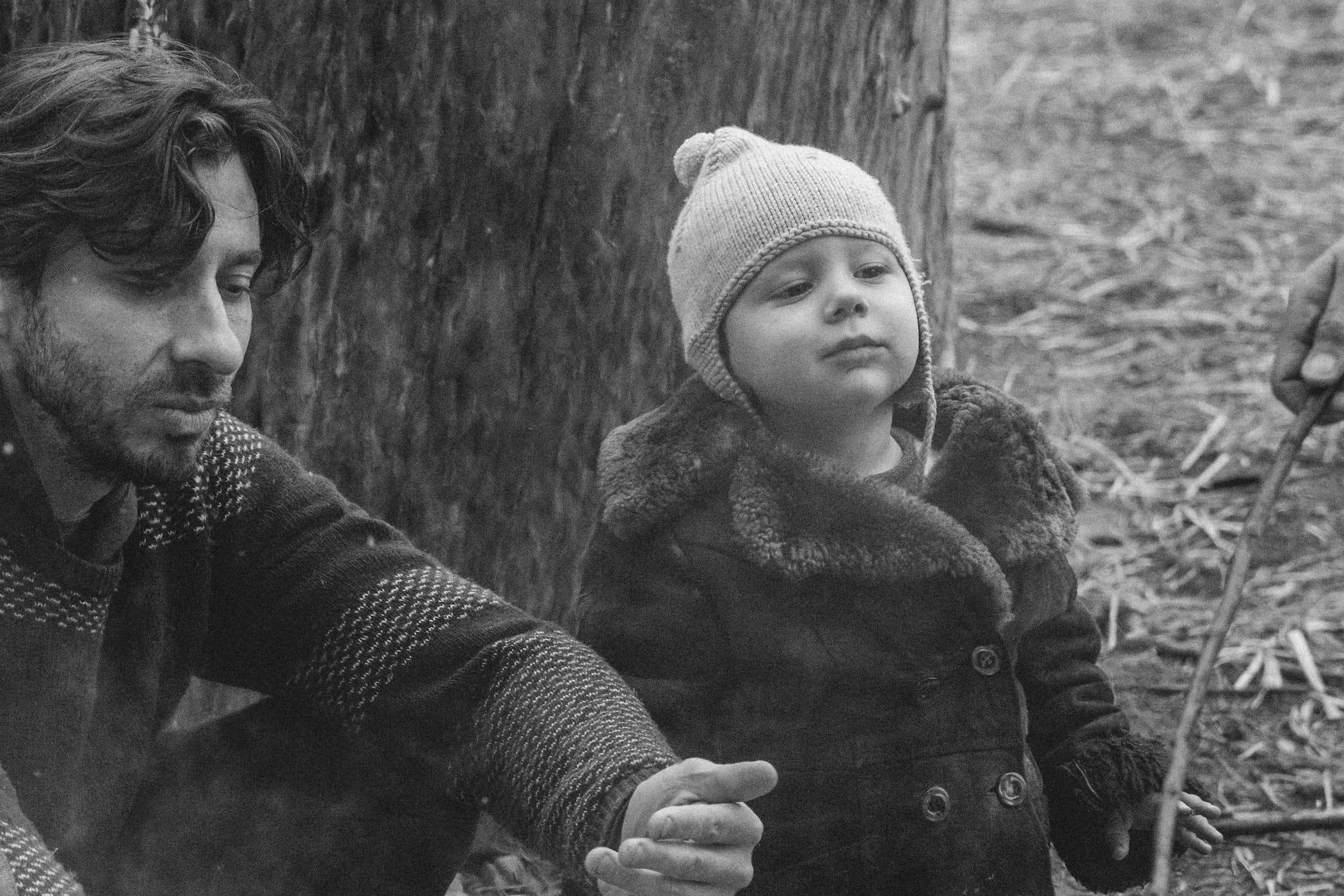
David Furman
Furman remembers waking up in the tiny cabin in San Gregorio, where he and his wife slept in a small lofted room above the living room and kitchen. He’d rise, hang from the cabin’s rafters, and complete his workout of 10 to 15 pull-ups for the day.
Then, it was off to work at Stanford. On his days off, he played in the dirt with his kids, fished for salmon in the creek, and foraged for berries. His family also kept a garden.
He usually packed lunch, which might include a salmon lettuce wrap with a side of blueberries. It was a veritable nutrient buffet: plenty of magnesium in the lettuce, omega-3s in the salmon, and antioxidants in the berries, all foods consistently linked to better brain health.
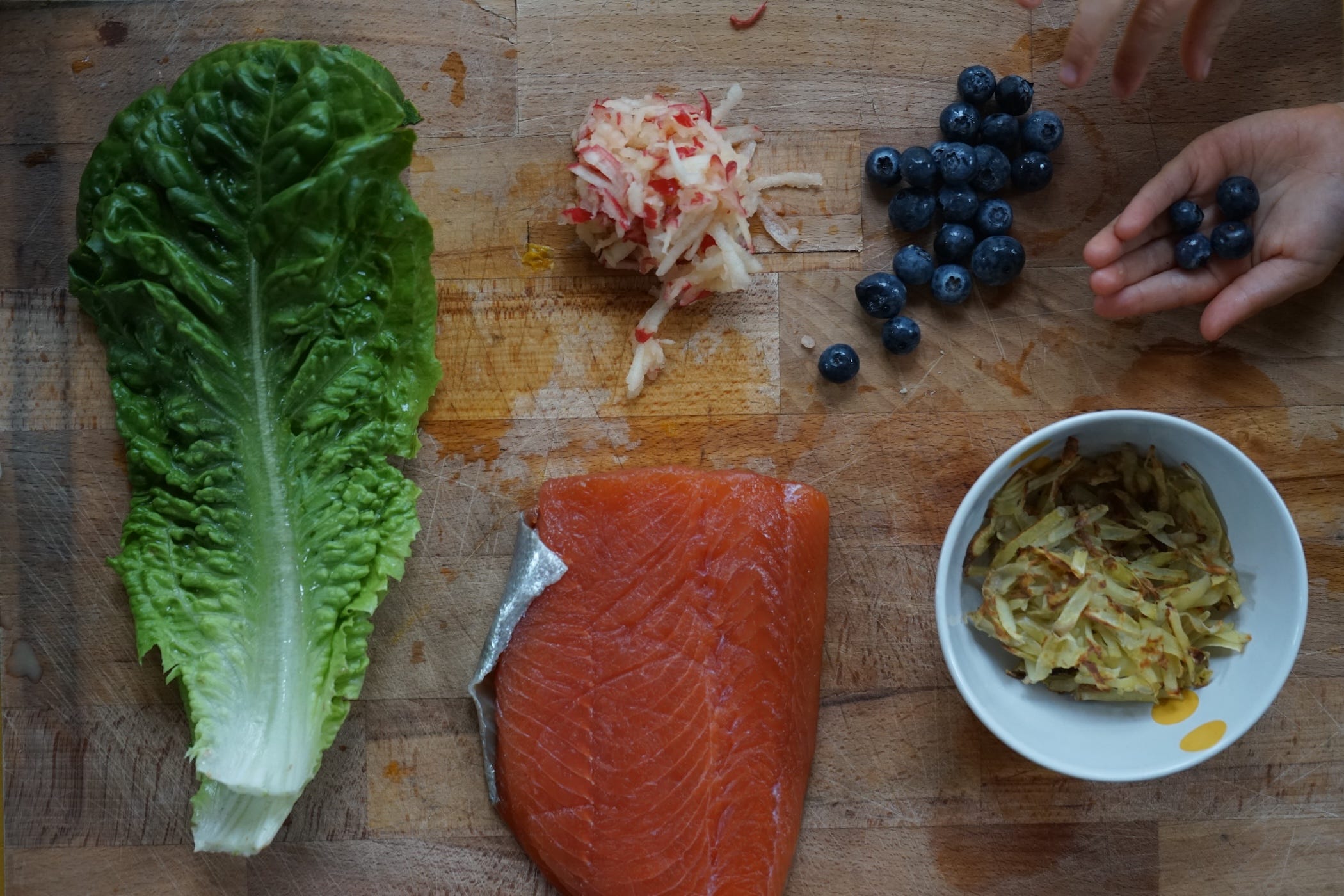
David Furman
He still went grocery shopping sometimes, and if he went out to lunch or dinner with colleagues, he ate whatever was offered.
“I prefer to blend in and not be stressed because I’m the weirdo,” he said. “I think that causes more inflammation than the effect of what you’re eating that may not fully align with your principles.”
Still, he made little changes here and there.
When he did make the occasional trip to the grocery store to pick up items like artichokes or broccoli, he’d park his car at the farthest parking spot he could find to force himself to walk further with the heavy grocery bags.
“All species tend to do the minimum effort for the maximum gain as a way of conserving energy,” Furman said. “And I said, ‘No, we have to do the opposite! We have to do the maximum effort.'”
He said those small changes weren’t time-consuming but made a big impact on his fitness.
“I was looking so good and I was so energetic. I had my six-pack,” he said.
Instead of taking supplements, he said he relied on fresh, organic foods like raspberries and broccoli to “feed the microbiome,” that diverse constellation of bacteria in the gut thought to have wide-ranging effects across the body.
After 7:30 p.m., he’d turn off all electronics — no more computer or bright overhead lights. He would light candles and start winding down for the night, preparing his body for bed with some gentle stretching.
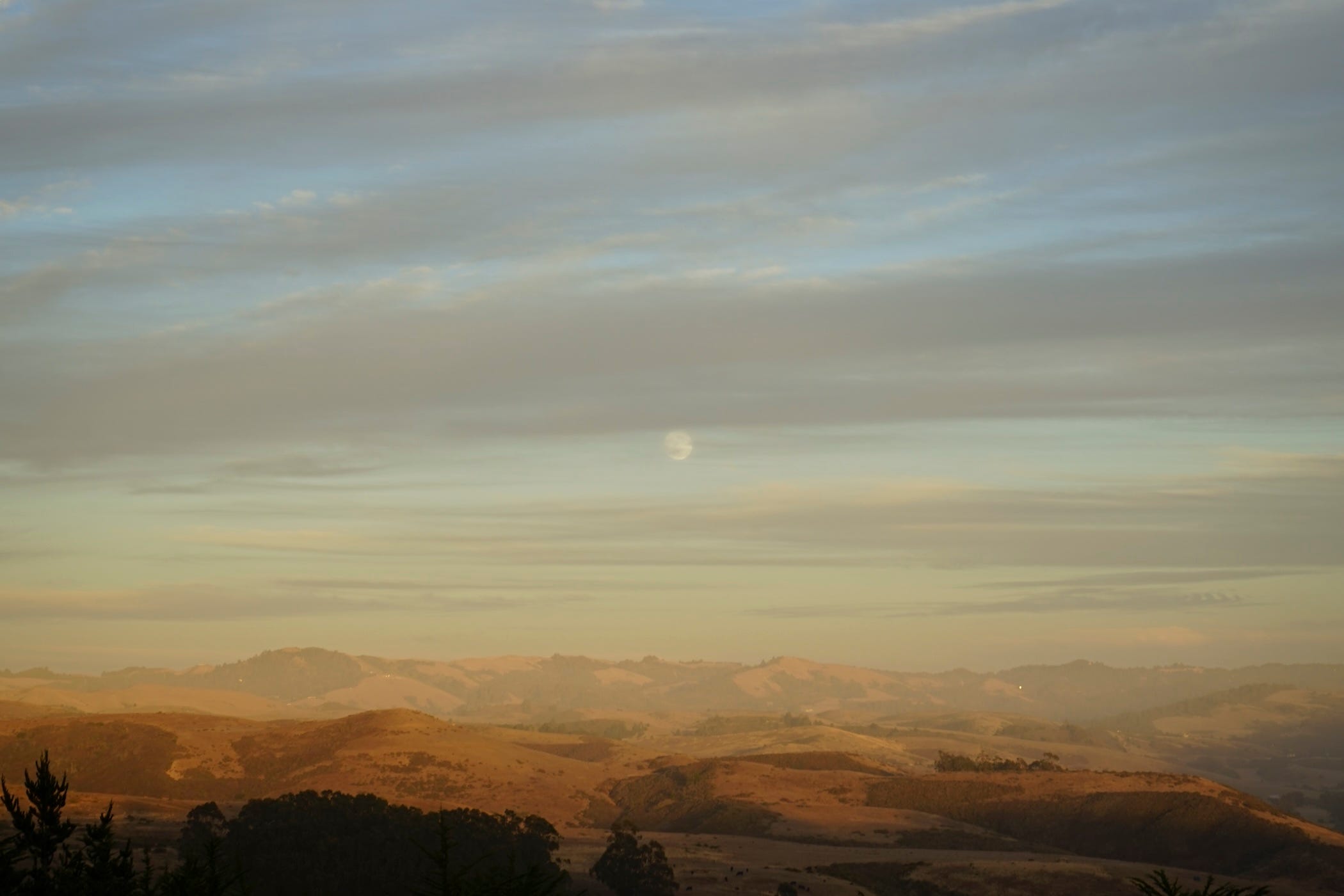
David Furman
Forest life lowered his ‘age’ by 10 years, Furman said
After three years in the woods, Furman did another test. The results were stunning, he said.
His inflammatory age was down to 32 — a reduction of a full decade from his first test, and a full 10 years below his actual age at the time.
This was remarkable to him. In his clinical trials, Furman typically saw people’s inflammation age results fluctuate by three to five years after taking supplements or making lifestyle changes. Furman said he felt a sense of accomplishment and agency, and his results suggested he might be changing the way he was aging for the better.
“Also, I was feeling great, very energetic, and no more headaches,” he said.
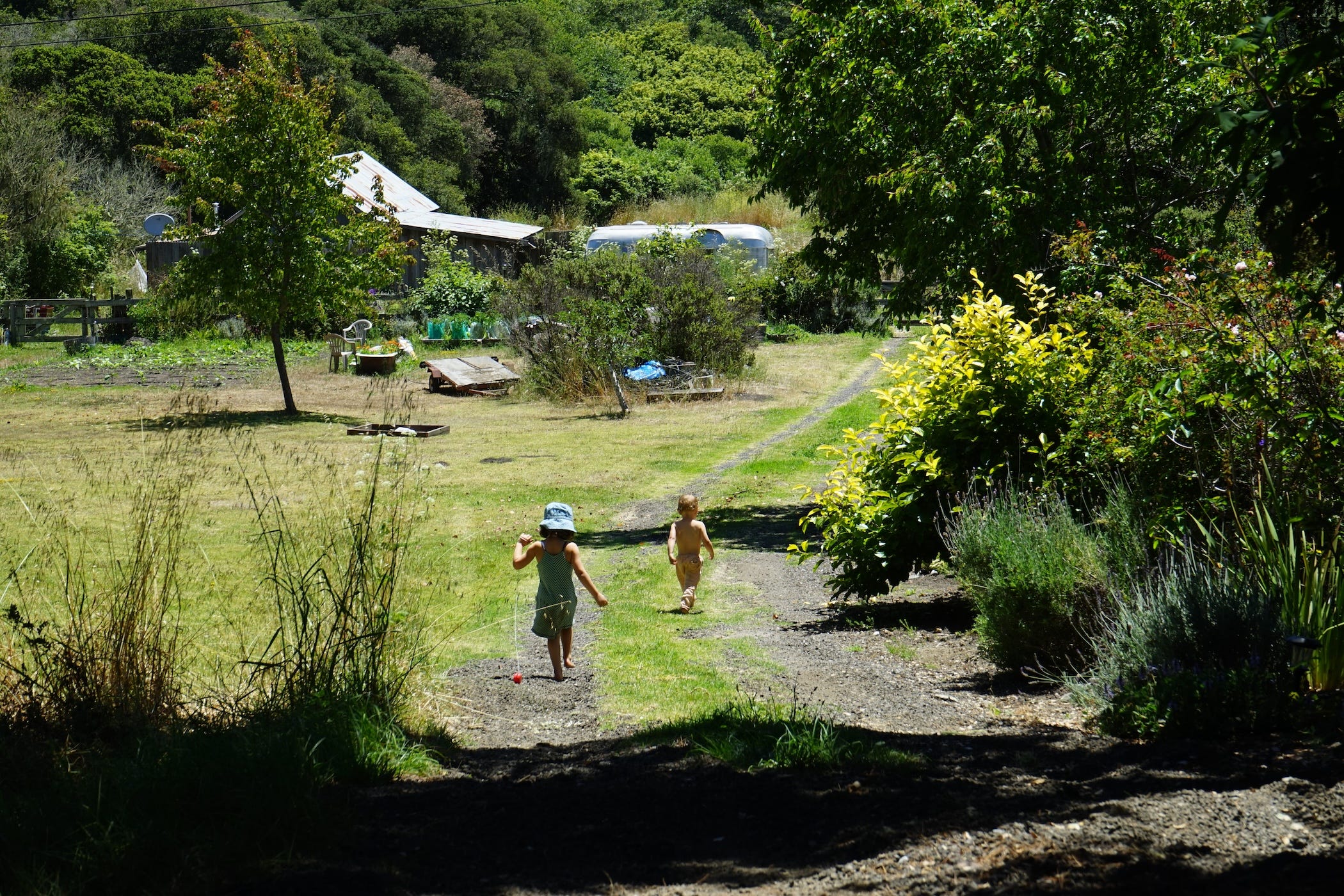
David Furman
Why would Furman experience such a dramatic change in his biological age score? It’s hard to pinpoint.
Without headaches, he wasn’t taking ibuprofen, which can have a negative impact on a person’s microbiome over time.
He suspects that being in the forest also had a positive effect on his body.
He was exposed to more microbes and fewer plastic chemicals. That might’ve changed his gut and his mood. Seeing green and sitting around a bonfire could’ve helped, too — studies suggest that being in touch with nature can curb inflammation.

David Furman
The forest life was also great for Furman’s career. “I was sharp, better than ever,” he said. “Just a lot of productivity.” He published three papers in a year, tripling his typical output.
What the simple life taught Furman about genetics and environment
In his lab, Furman studies “the exposome.”
That’s the scientific term for each person’s unique combination of genes, environment, diet, metabolism, mood, social life, stressors — everything that influences how you feel and how your body functions.
Research indicates that genetics accounts for only about 10% to 20% of a person’s health outcomes. What we eat, the air we breathe, the dirt and chemicals we’re exposed to, and the stress we experience day after day also influence our overall health.
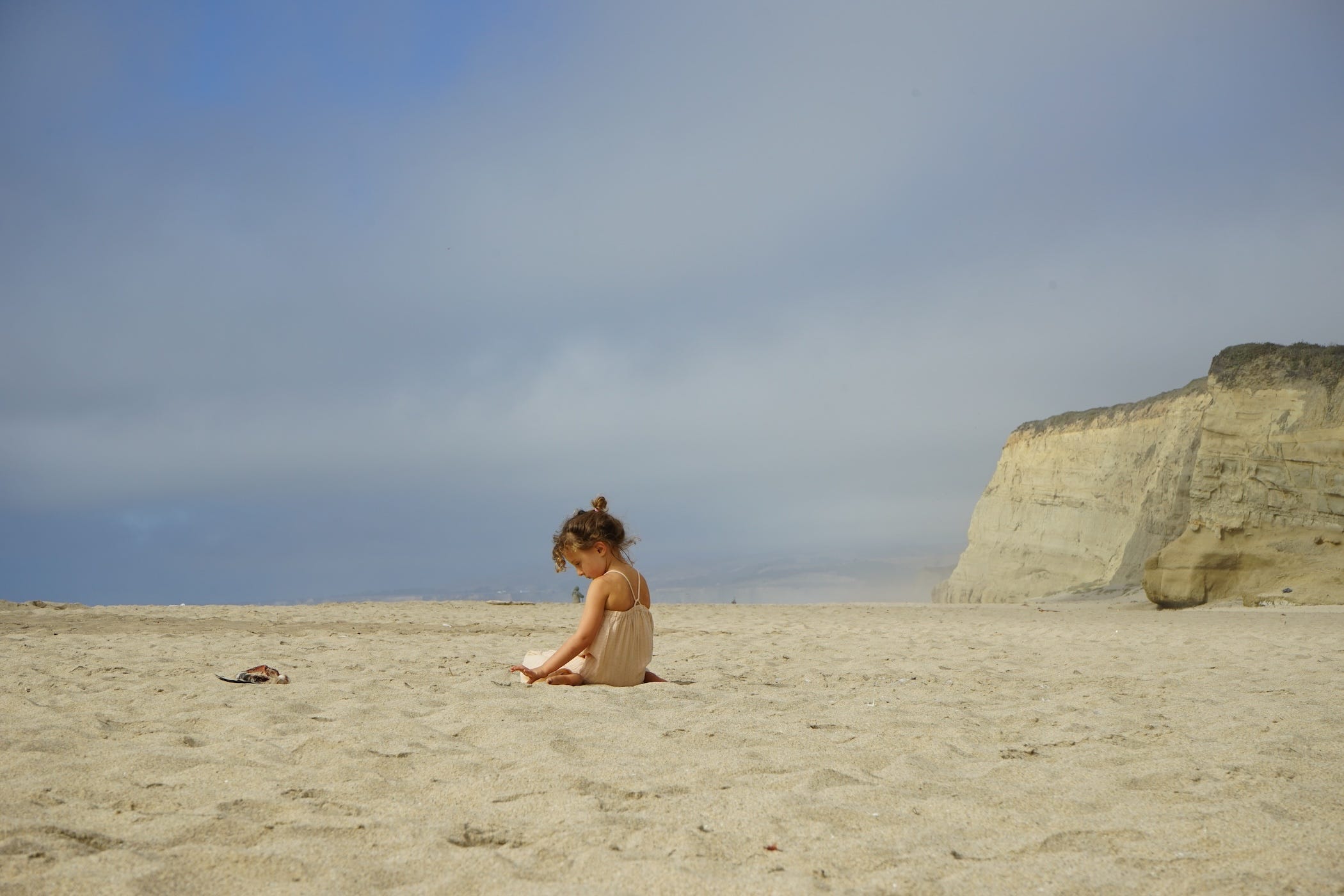
David Furman
This picture — the whole picture — is what Furman wanted to clean up when he headed to the forest. What would happen when he swapped late nights at the office for evening bonfires?
Furman was so fired up by what he learned in the forest, he’s eager to share the lessons widely. He wants to write a book with 10 principles for combating “inflammaging” — the inflammatory processes that can creep up on us as we age.
He’s also trying to develop a tool that anyone can use to help assess how well their body is aging, for free. There are a lot of tests out there promising to help you calculate your biological age, and many different ways to measure it (some more dubious than others). Furman is interested in using photos of a person’s face as an accessible way to gauge their rate of aging, a technique that medical researchers at Mass General Brigham are also trying out for informing cancer treatment.
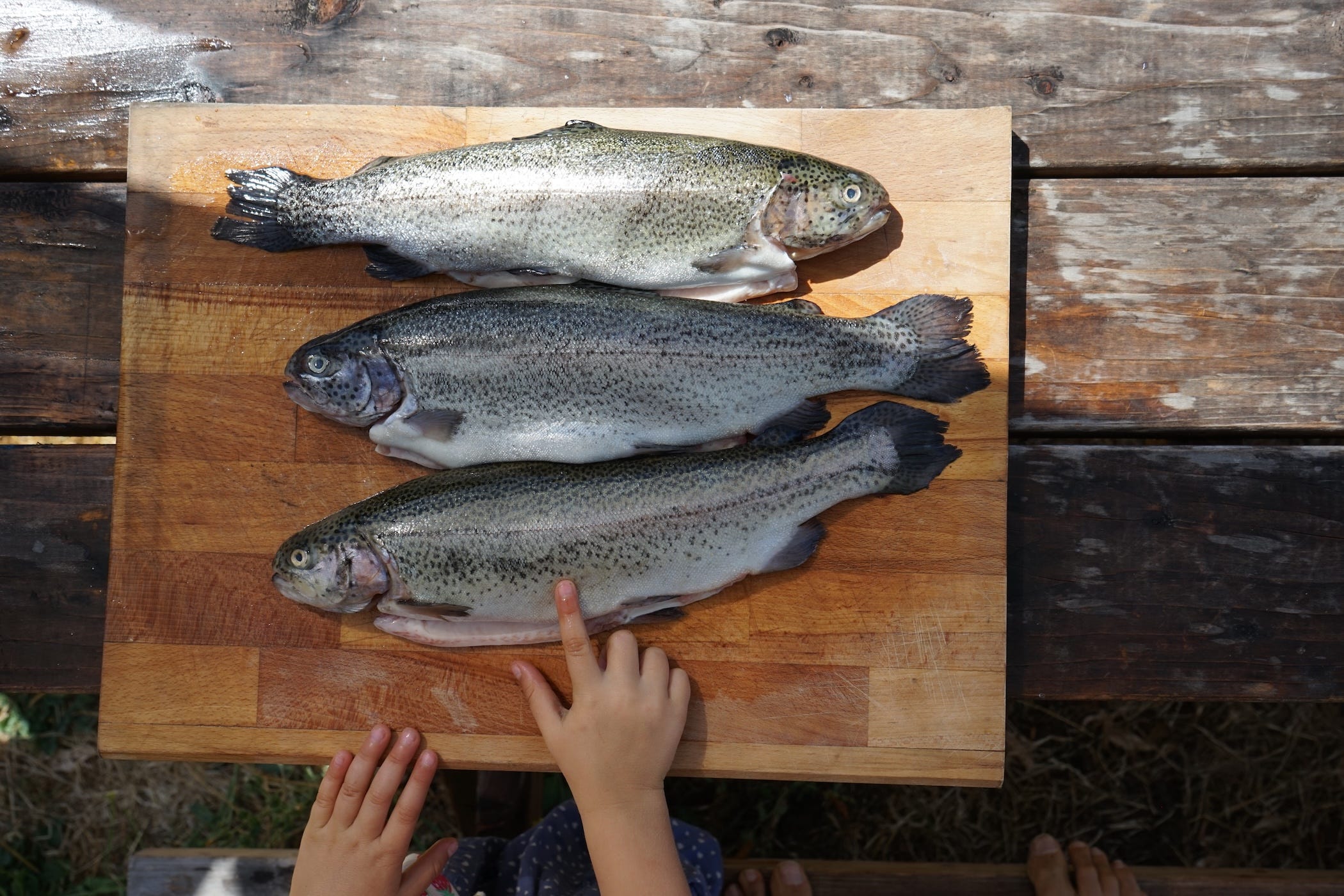
David Furman
Blending the forest and the city
Furman doesn’t suggest that he’s cracked the code to the perfect life. After three years in the forest, it was time to move on. He got a new job in Qatar and then a position in Argentina, where he enjoyed pastries, pizza, and ice cream again.
In fact, by the time he turned 45 in 2021, his inflammation test put his biological age at 54. The headaches were back, and he’d gained weight.
It was time to head home to California, which he considers his “place on Earth.” He’s back at Stanford, directing the “1,000 immunomes project,” a long-term study of immune aging. He also directs the AI platform at the Buck Institute for Research on Aging nearby.
There’s no cabin. Furman lives in a quiet neighborhood of San Francisco near the beach and the Golden Gate Bridge, but he tries to incorporate what he learned in the forest into his everyday life.
He still doesn’t use plastic, and his mattress is wool. He opts for natural fibers for his clothes and organic food from the farmers market. He uses a wood-burning stove to heat his house, and surfs every week to keep his stress in check.
Keeping electronics off at night is not easy for him or his family. His daughter, who was 3 years old when they went to the forest, is 13 now and texts with friends after dark. Furman, who runs several companies and research projects, including a startup studying how astronauts age in space and a now-commercialized “iAge” inflammation test for clinicians, can’t always promise to put his device away in the evening, either.

David Furman
“I found my way to adjust to this reality and yet continue to have a healthy life and continue to respect those learnings from evolution and from my times in San Gregorio,” he said.
Now, at 49, he said his iAge is 43, and he’s happy with that result.
“It’s not perfect, and nothing will be perfect,” he said. “We are in a world that’s largely polluted, but within this reality, I think I’ve managed to do my best to keep inflammation at bay.”
The post A longevity researcher who lived in the forest for 3 years says he shaved a decade off his biological age — and his family loved the lifestyle appeared first on Business Insider.




